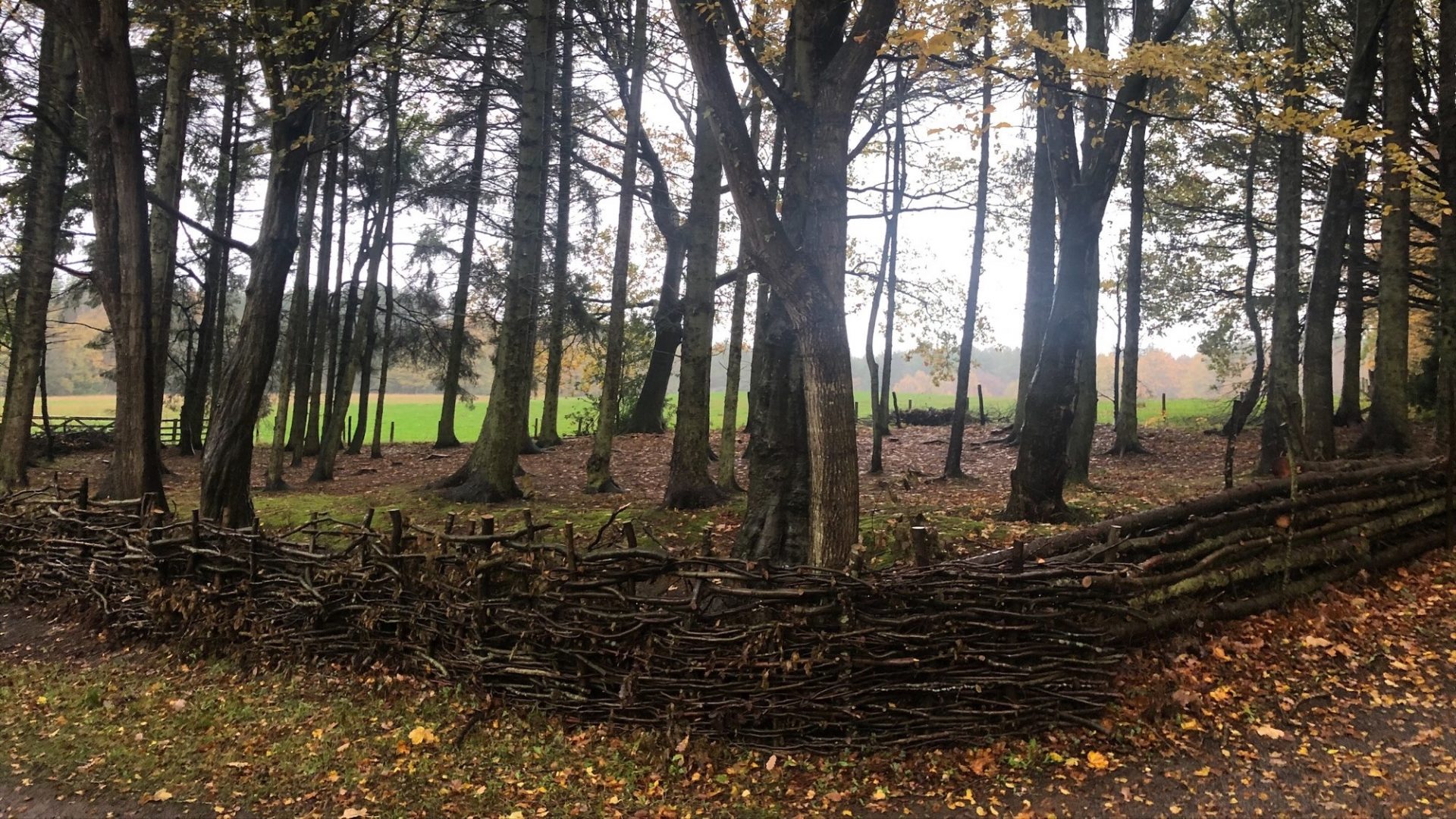An exciting project by the National Trust to celebrate and engage people with the Derwent Valley’s history and reviving coppices that have benefits for the environment, while also creating natural resources, has received a funding boost from Northumbrian Water.
The Gibside Coal and Coppice project at Rowlands Gill, aims to increase opportunities for community involvement in woodland management and shines a light on skills that played a huge role in North East life.
The site’s areas of coppice, where trees and shrubs are managed to provide valuable resources, have been lost or neglected over the years, but the National Trust aims to establish new hazel and hedgerow coppicing.
Northumbrian Water’s environmental fund, Branch Out, has provided £3,000 towards the project, which will help with the purchase of a new kiln that will not only open up opportunities for visitors to get involved and learn more about the process, but also create locally-sourced charcoal that can be sold in the area.
The funding will also support the role of Apprentice Ranger Tim Cassidy, who is leading on the project at the National Trust.
Tim said: “The Derwent Valley provided large amounts of hazel and oak for charcoal, and beech for wagonway rails. Hazel coppice was also used to make corves, large baskets, for lifting coal from the area’s bell pits, so the importance of coppices to the area was really significant.
“Coppices are good for creating natural resources and for the environment, so we want to revive the practice at Gibside and give people a chance to get involved. The project will be an investment in a neglected area of woodland plantation that was badly affected by storms, with a newly planted hazel coppice brought into rotation and the restoration of a hornbeam hedge.
“Most of the charcoal we buy now is imported from Europe and has added chemicals, so it will be great to be able to create more sustainable charcoal here at Gibside that doesn’t have these additives and hasn’t been transported from abroad.
“Additionally, we will be looking at a range of ways to interact with visitors, including one-off events and regular group activities.
“We’re grateful to Northumbrian Water for its support through its Branch Out fund.”
Stuart Pudney, Land and Conservation Manager at Northumbrian Water, said:
“It’s fantastic to see The National Trust bringing back a traditional technique of woodland management from this part of the Derwent Valley’s history. Coppicing in the area played such an important role in two of the industries that have played a significant part in North East communities – the railways and coal mining – so to be able to regenerate this piece of Gibside in a way that celebrates and redevelops this element of woodland management is brilliant.”
People can find out more about Branch Out, which welcomes applications for up to £25,000, at www.nwg.co.uk/responsibility/environment/branch-out-funds/branch-out/.



